I’ve always thought of society’s expected career path as a cruel joke.
At 18, we’re supposed to choose an industry to pursue for the rest of our lives. At this point, we begin racking up student loans that leave us financially crippled for the duration of our 20s.
I would barely trust my 18-year-old self to scramble an egg or drive me to the airport.
That’s the nature of our higher education system.
But it doesn’t have to be a prison sentence. Changing careers is never easy, but always worth it if you’re pursuing a happier and more fulfilling life.
Did you choose a career early on that just isn’t meshing with who you are today? Perhaps you want to make the best possible choice the first time around.
The good news is you can find a career you love, no matter where you’re at today. Here’s how:
Make a list of what you like.
First things first – Make a list of subjects you’re interested in. My list looks like this:
- Personal finance
- Arts and crafts markets
- Dogs
- Baking
- Teaching
I’ve always enjoyed those things. Once, during a moment of panic, I considered working as an artisan and selling my wares at a market. That lasted a few weeks until I realized: a) I didn’t want to wake up early and set up my goods while other people were still sleeping, and b) I just wasn’t very good at it.
I also thought about becoming a teacher. But going back to school and getting another degree didn’t appeal to my lazy nature. Are you sensing a theme here?
I like writing and teaching people about money. I also like doing it while wearing yoga pants. That’s why I’m a freelance writer.
Your own list might look completely different from mine – and completely different from your current career. If you don’t like what you’re doing right now, make a list and start putting more time into the things on it.
You probably shouldn’t quit your job right away. Start doing those things you’re passionate about on nights and weekends. See what you like and what you hate. See what makes you feel good and what bores you.
Keep doing it for a while. Meet people in the field and find a way to do it full-time. You can even keep your passion project as a part-time gig – one that keeps you motivated to get through the slog of your day job.
Sometimes a career you love is more about finding joy on the side than making it full-time.
Make a list of what you don’t like.
A friend of mine was an incredible journalist and one of the best writers I know. She was also an avid runner who competed on the track team in college. But when she got the opportunity to write for a runner’s magazine, she turned it down.
She told me later, “It should’ve been my dream job.”
The job was located in a small town in Pennsylvania. Living in the middle of nowhere, far from her friends and family, wasn’t something she wanted. Instead, she found a gig working for the NCAA magazine, where she gets to tell stories of athletes she’s passionate about.
Sometimes that dream job isn’t so dreamy once you look closely.
I don’t want to burst anyone’s “Lean In” bubble, but no one, women included, can have it all. You can’t have the corner office, a group of friends you see regularly and a thriving personal life. Sometimes, you have to choose.
That career you love is all about knowing the reality of what you might have to give up. You need to decide if it’s worth what you gain in return.
Make a list of deal-breakers, or anything that would make you seriously reconsider changing jobs or careers.
Is a long commute out of the question? Do you highly value privacy in the workplace? Maybe you’re more of a social butterfly who needs a thriving office environment?
Only you can decide what you’re willing to accept. Major life changes usually require a measuring of pros and cons: Make sure you’ve measured accurately.
Is there a right career?
Too often, people become more personally invested in their job and career than is necessary – or even healthy. A job isn’t a marriage, and you don’t have to devote yourself to it for the rest of your life.
It’s OK to change gigs. It’s even OK to leave an industry entirely to find a career you love.
What’s right for you as a 25-year-old might be different from what’s right as a 45-year-old. Your priorities can and will shift in that time, leaving you wondering why you signed on in the first place.
But there’s good news: if you’re reading this, you have plenty of time to explore.
I’ve already had three different careers in my life, and I haven’t hit 30 yet. When my mom was 33, she got her second master’s degree in accounting and began a new career. My father-in-law started a company from scratch at 40 in a city he hadn’t lived in for 20 years.
It’s never too late to reinvent yourself and find a career you love.
Don’t get so hung up on what the right career is for you right now.
Follow what you’re interested in, don’t let it disrupt the rest of your life, and earn enough to stay out of the poverty spiral. If you put some serious thought into it, you’ll end up following the right path.


![[B016] The Perfect Product to Sell Online](https://adulting.tv/wp-content/uploads/2017/02/perfect-product-sell-online-1200x628.jpg)

![[B015] When You Change Your Career ft. Alison Cardy](https://adulting.tv/wp-content/uploads/2017/02/change-your-career-1200x628.jpg)
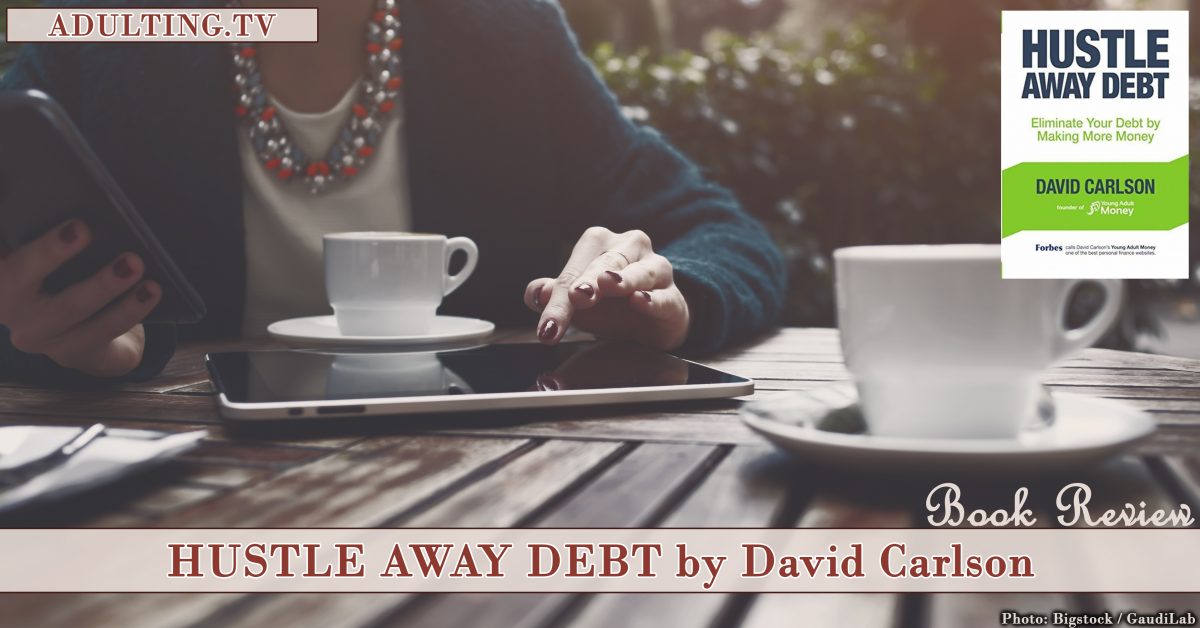
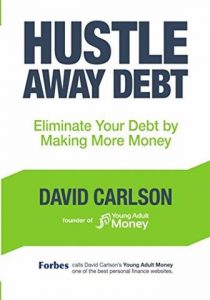
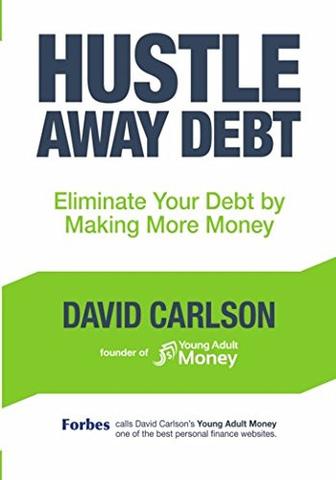
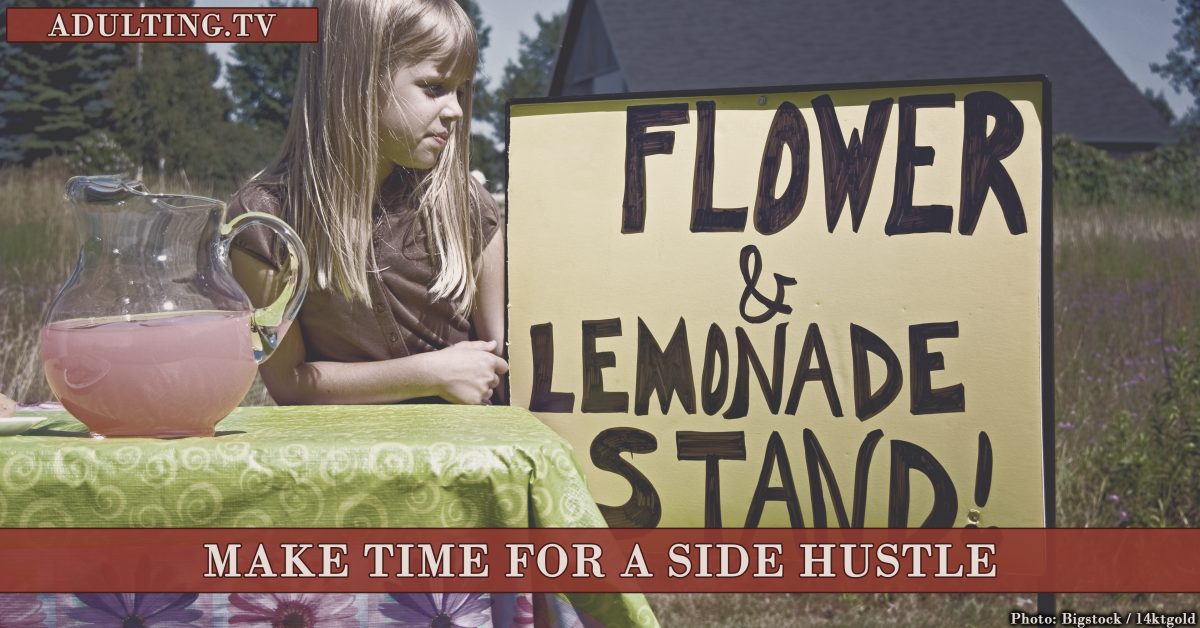
![[A056] Life’s Magical Cure: Pursue a Side Hustle](https://adulting.tv/wp-content/uploads/2017/01/a056-1200x628.jpg)
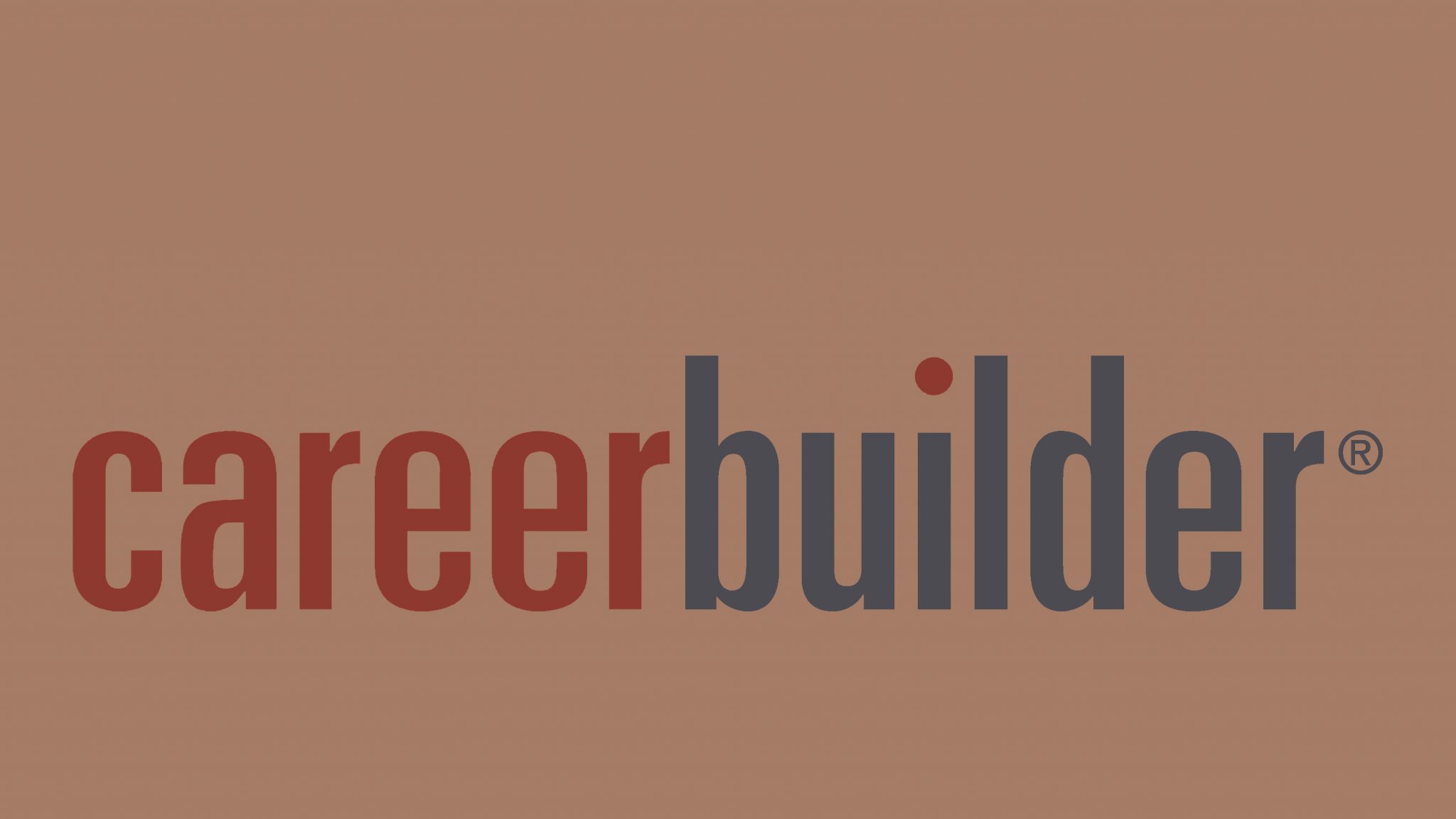

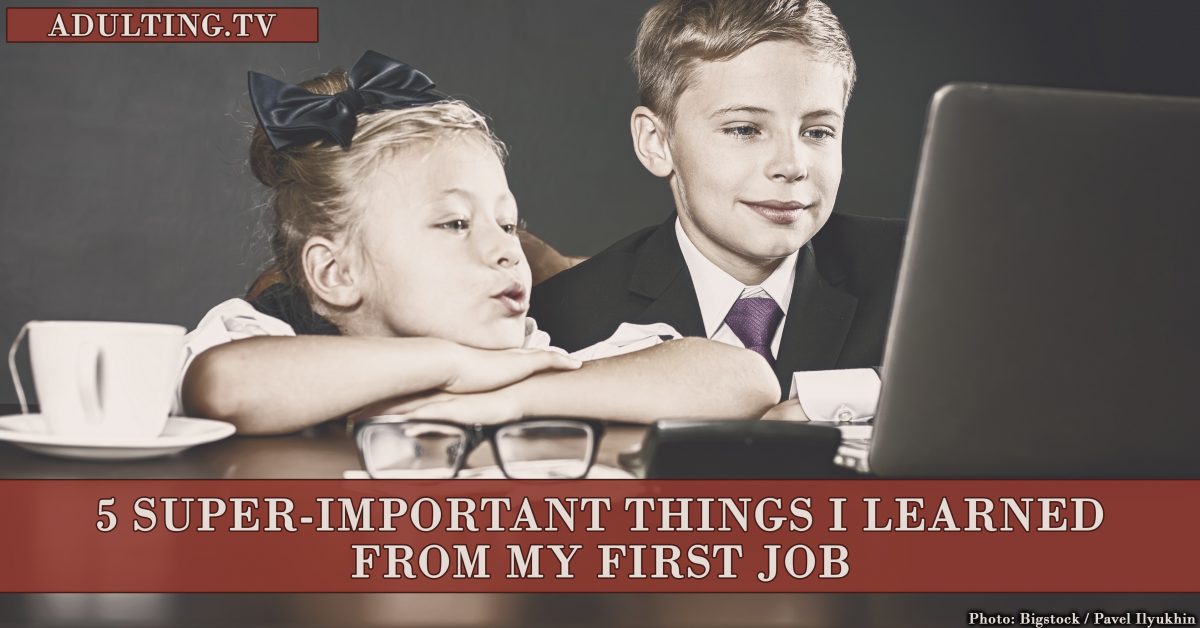

![[A052] Hoodies and Ink: Dress for the Situation and Look the Part](https://adulting.tv/wp-content/uploads/2016/12/a052-1200x628.jpg)




